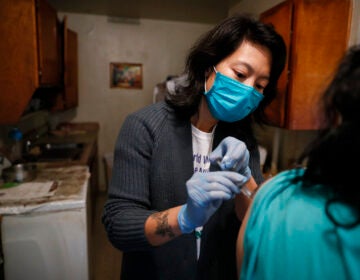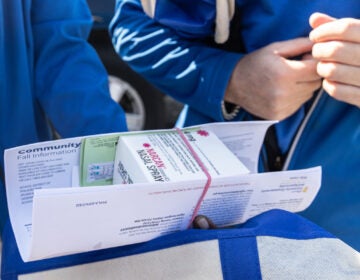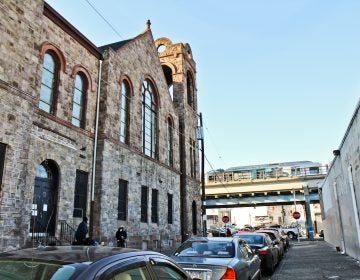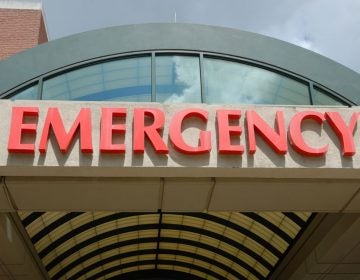N.J. watchdog group finds the state’s substance abuse and treatment industry rife with corruption and abuse
A watchdog group in N.J. says the substance abuse treatment industry is rampant with corruption, greed and mismanagement.
Listen 1:10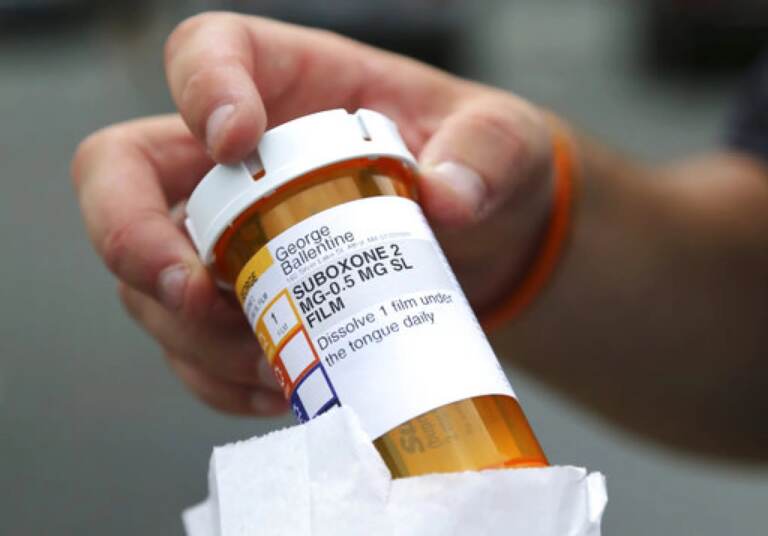
Suboxone, a branded version of buprenorphine and naloxone, is used to treat opioid addiction. (Elise Amendola/AP)
From Camden and Cherry Hill to Trenton and the Jersey Shore, what about life in New Jersey do you want WHYY News to cover? Let us know.
Substance abuse and addiction treatment is a multi-billion-dollar business in New Jersey. But the State Commission of Investigation’s Dirty Business Behind Getting Clean report found that while many residents and their families have benefitted from different programs and services, there are some who have been victimized by dishonest and unscrupulous practices.
“The addiction rehabilitation industry in New Jersey is rife with abuses by owners, operators and other professionals,” said Kathy Hennessy Riley, the SCI assistant director for communications and public affairs.
She said sometimes these practices were detrimental to the patients who were seeking treatment.
The investigation was launched after the commission received allegations that the industry was vulnerable to subversion and manipulation.
The report, which was released today, found that a range of financial misconduct and unethical behavior occurred at every stage of the rehabilitation process.
“Sometimes it started as early as an overdose victim’s first encounter with an addiction professional at their hospital bedside, or during an online search for treatment,” she said. “We found that at every juncture within the addiction-rehabilitation industry, abuses and fraud and corruption existed.”
Hennessy Riley said the SCI found that it was more profitable for corrupt operators to keep patients stuck in the cycle of addiction treatment and relapse.
She said fixing the substance abuse and addiction treatment industry won’t be a simple task because oversight is complex and it encompasses many types of businesses and professionals. She said recommendations by the SCI include enacting tougher penalties for violating the current patient brokering law and expanding the law to include health care entities, not just individuals.
Another recommendation is licensing peer recovery coaches and cracking down on deceptive marketing practices for substance addiction and centers.
She said under the current system, the New Jersey Health Department oversees treatment centers, the Department of Human Services oversees funding for addiction-related programs, and the Department of Community Affairs inspects and oversees sober living homes. Realigning oversight in the state and making it more centralized should be considered, she said.
Melissa Companick, president and CEO of the Better Business Bureau in New Jersey, said people who feel misled or duped by an addiction agency or center should file complaints with the agency. They can also call the organization at (609) 588-0808 or request a complaint form.
“If they’re looking for a specific resolution from the facility that they had an interaction with, they can leave a review so that other people can read about their experience,” she said.
Companick recommends checking out a facility beforehand.
“See what kind of rating and what kind of experience people have had and reported to the Better Business Bureau,” she said. “Our team is here to answer that, take your call and send that out if you need that.”
If you or someone you know is struggling with substance use, SAMHSA’s National Helpline is a free, confidential, 24-hour hotline that offers referrals to local treatment facilities, support groups, and community-based organizations. Call 1-800-662-HELP for more information.

Get daily updates from WHYY News!
WHYY is your source for fact-based, in-depth journalism and information. As a nonprofit organization, we rely on financial support from readers like you. Please give today.



